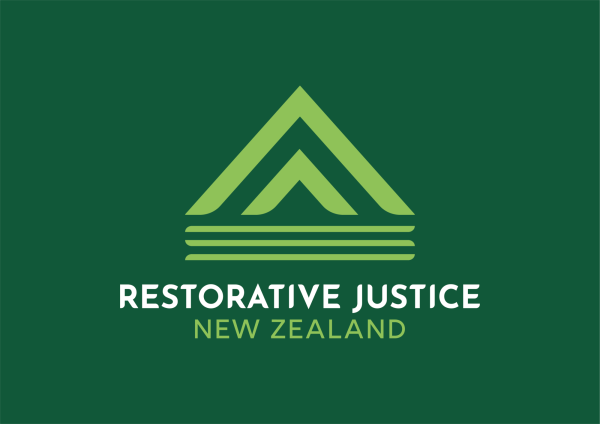
Overview of the Restorative Justice process in New Zealand for pre-sentence cases.
What is "Restorative Justice"?
Restorative justice is an approach to justice that focuses on repairing the harm caused by a crime or conflict rather than focus on punishing the offender. It is used around the world, but here in Aotearoa New Zealand it is part of our law.
It seeks to involve all parties affected by the wrongdoing, including the victim, the offender, and the community, in a process of understanding, accountability and meaningful actions.
Most importantly, it keeps the people as the focus of the process, in terms of safety, understanding, and those outcomes are meaningful to all parties.
What does it aim to do?
Restorative justice aims to promote accountability and responsibility, by giving victims an opportunity to express their feelings and needs and by encouraging offenders to acknowledge the harm they caused and take steps to repair it. It also aims to address the underlying causes of crime and conflict, such as social inequalities and systemic injustices.
What types of Restorative Justice are there?
Restorative justice practices can take many forms, including victim-offender mediation, family group conferences, community service, restitution, and other forms of community involvement. It is often used as an alternative to traditional criminal justice systems but can also be used in conjunction with them.
Our Approach in Aotearoa New Zealand
In Aotearoa New Zealand a restorative justice conference is an informal, facilitated meeting between a victim, offender, support people and any other approved people, such as community representatives or interpreters.
Before this occurs, meetings (pre-conference meetings) and an evaluation is made by a facilitator. This is to make sure that the conference is safe and could actually make a difference. Understanding the process is important. For some people the pre-conference actually makes enough difference for the victim and/or offender to achieve a positive outcome.
What law does Restorative Justice exist under? - Section 24A (Sentencing Act)
24A Adjournment for restorative justice processes in certain cases
(1) This section applies if:
(a) An offender appears before a District Court at any time before sentencing, and
(b) The offender has pleaded guilty to the offence; and
(c) There are one or more victims of the offence; and
(d) No restorative justice process has previously occurred in relation to the offending; and
(e) The Registrar has informed court that an appropriate restorative justice process can be accessed.
(2) The court must adjourn the proceedings to:
(a) Enable inquiries to be made by a suitable person to determine whether a restorative justice
process is appropriate in the circumstances of the case, taking into account the wishes of the
victims; and
(b) Enable a restorative justice process to occur if the inquiries are made under paragraph (a) reveal
that a restorative justice process is appropriate in the circumstances of the case.
